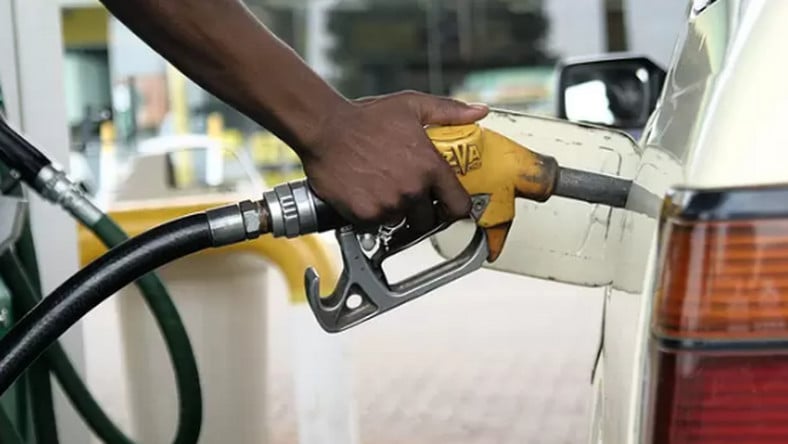The Chamber of Petroleum Consumers (COPEC) in Ghana has raised alarms about potential increases in fuel prices as the nation approaches the end of 2024. The predictions stem from ongoing geopolitical tensions in the Middle East, particularly involving Israel, Hamas, and Hezbollah, which may disrupt global oil supply chains. COPEC’s Executive Secretary, Duncan Amoah, emphasized that a continued depreciation of the Ghanaian cedi against other currencies, compounded by these tensions, is likely to lead to significant price hikes. Recent adjustments by Oil Marketing Companies (OMCs) demonstrate the trend, with major players like Shell increasing their petrol and diesel prices. The latest changes reflect a shift in market dynamics after several months of price stability, underscoring the precarious position consumers are in amidst broader economic pressures.
In the first pricing window of October, OMCs raised fuel prices after four consecutive periods of decline. For instance, Shell’s FuelSave Super petrol increased from GH¢13.49 to GH¢13.79 per litre, while FuelSave Diesel rose from GH¢13.99 to GH¢14.35. The immediate impact of these adjustments has left many consumers anxious, especially as they already contend with rising costs of living. The cost of fuel plays a crucial role in the overall economy, influencing transportation and goods prices, thus exacerbating financial strains for households and businesses alike.
Amidst these shifts, Duncan Amoah suggested that the Ghanaian government’s “gold for oil” policy might not be effective in shielding citizens from the impending price hikes. This policy aimed to stabilize fuel prices by leveraging Ghana’s gold reserves in exchange for oil supplies. However, Amoah argues that unless the cedi rallies or geopolitical tensions abate, the government will struggle to provide any cushioning effect for consumers facing rising fuel costs. The lack of robust safety nets, he adds, is a critical concern, as Ghanaians are likely to bear the full brunt of any increase in international oil prices.
The historical context indicates that fluctuations in global oil prices often have a direct impact on local fuel pricing strategies in Ghana. The interconnectedness of fuel supply chains means that disturbances, whether due to geopolitical conflicts or market dynamics, can resonate throughout the economy. Moreover, with the year-end historically showing increased demand—especially in sectors such as manufacturing and aviation—the likelihood of additional pressure on fuel prices becomes more pronounced. Consumers would need to adapt to these potential changes, adjusting their budgets accordingly as fuel becomes increasingly expensive.
As consumers prepare for the financial implications of enhanced fuel prices, the ongoing situation raises questions about the sustainability of Ghana’s fuel pricing structure in the face of international market volatility. Stakeholders, including government and industry leaders, may need to reassess their strategies to protect consumers from sudden price hikes that could affect local economies. The potential ripple effect on inflation and cost of living will require coordinated efforts to alleviate burdens on households already struggling to cope with rising expenses.
To conclude, the outlook for fuel prices in Ghana through the end of 2024 remains uncertain and precarious. If the tension in the Middle East escalates and the cedi continues to depreciate, consumers face the daunting prospect of higher fuel prices, further straining an economy already grappling with cost challenges. The situation calls for vigilance and strategic planning from both the government and industry players to mitigate the impact on everyday Ghanaians, who rely heavily on stable fuel prices to support their livelihoods. Awareness of these developments is essential as the community navigates through the complexities of an evolving economic landscape.


